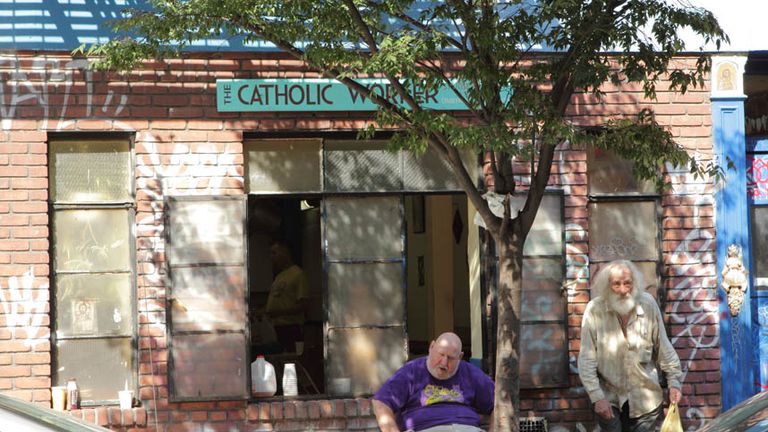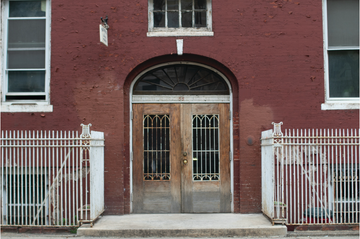A dainty shop located on Extra Place - that little side street off of 1st Street where the Ramones photographed an Album Cover - Nalata Nalata features high quality décor sourced mainly from Japan. In the same way that Manhattan Sideways shares the stories of businesses on the sidestreets of Manhattan, Nalata Nalata, as their website explains, “is a retail experience founded on promoting awareness of the people and stories behind our curated lifestyle products. ”On my first visit to Nalata Nalata, I spoke with Angelique J. V. Chmielewski, who co-founded the business with her husband, Stevenson S. J. Aung. Originally from Alberta, Canada, Angelique came to New York to study fashion design at the Fashion Institute of Technology while Stevenson, her boyfriend at the time, fulfilled his masters in industrial design at the Pratt Institute. Nalata Nalata began as a website beautifully crafted to feature sections like Backstory, with write-ups on the brands behind the pieces, and Journal, detailing the journey and artistic endeavors through captioned photographs. In late 2013, Nalata Nalata opened in Extra Place as a pop-up store and, after falling in love with the spot, the owners decided to make it a permanent stay. Though functional in a traditional way, each product in the store contains intrinsic artistic and narrative values, many sourced from “multigenerational craftsmen who continue to refine their skill. ” Angelique first directed me to the porcelain Ju-Bakos, Japanese stacking boxes, which are traditionally used for food on special occasions. Representative of multilayered happiness, each box was crafted with a different glaze. Later, Angelique held up a glass terrarium box designed by 1012 Terra, a company based in Chiba, Japan that is focused on celebrating plant life. In the box was a dried flower reminiscent of the rose in Beauty and the Beast. “In order to preserve a flower, ” she explained, “pin it in the box and flip it upside-down. When it has completely dried out, it will be straight when turned upright. ”Though devoted to sharing the works of others, Nalata Nalata is cemented by the artistry of Angelique and Stevenson. From the custom-made cabinets to the slab roof ceiling, the two redesigned the entire interior of the store in the months before its opening, with the help of some additional hands. The carefully selected products perfectly complement the spare, bright space. The store's website also reveals a great deal of artistry, with each piece beautifully photographed, set to a white background, and matched with a whimsical remark and a few lines about its origins, making online shopping more homey and intimate. The wool blankets exclaim, “Cool nights, brisk mornings, frigid afternoons. Whatever weather the day may bring I’m a tried-and-true, dyed-in-the-wool cozy friend… Always by one’s side to provide warmth and comfort. ”Nalata Nalata is also working on their own line of products. One recent addition, the denim Ojami, bridges Japanese traditions and contemporary American design. Handmade in Kyoto, the Ojami are versatile pillows. Angelique and Stevenson enjoy using them as seats to “live low, ” but they also function as throw pillows. In the future, the couple hopes to get into more denim and hardware products, while continuing to curate objects they appreciate artistically and sentimentally. For now, Angelique says, “We are just happy to be here. ”






